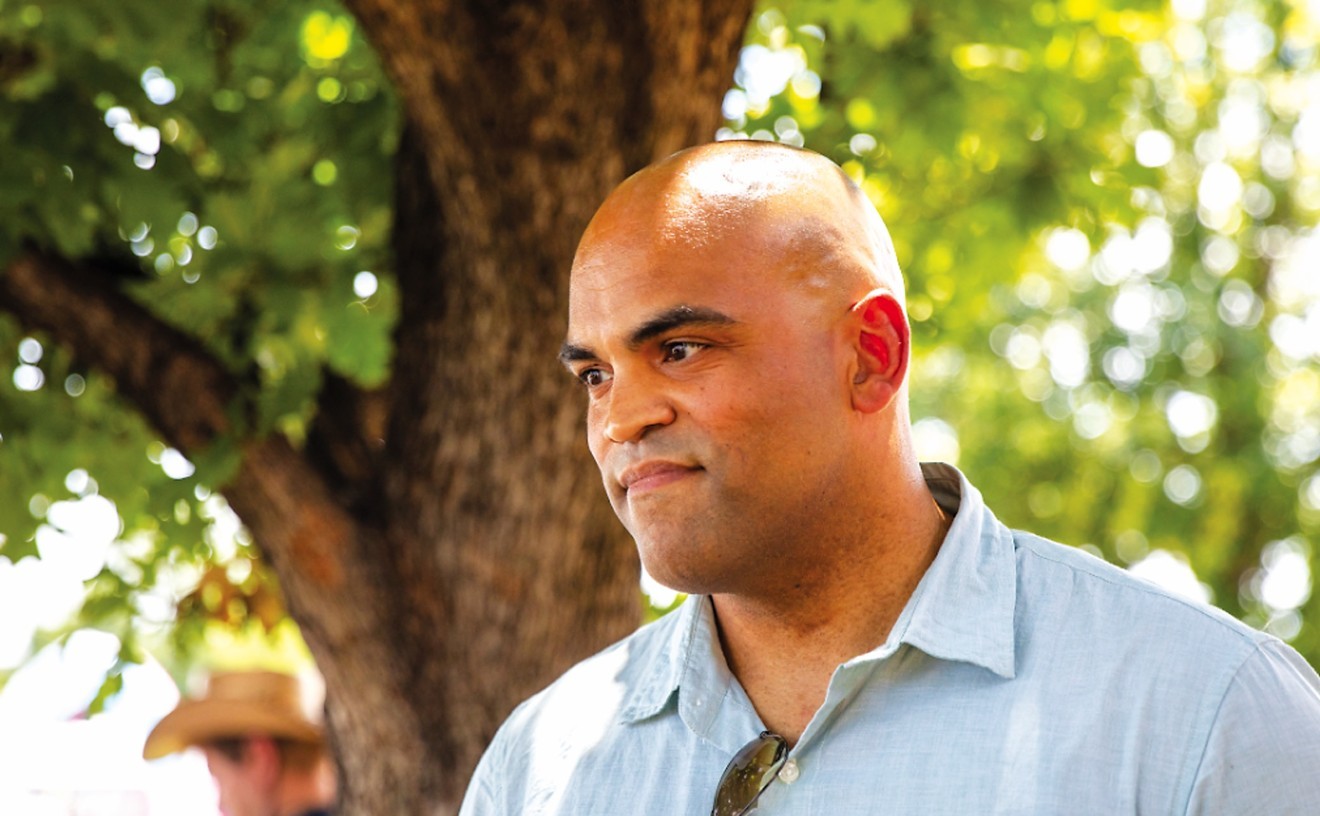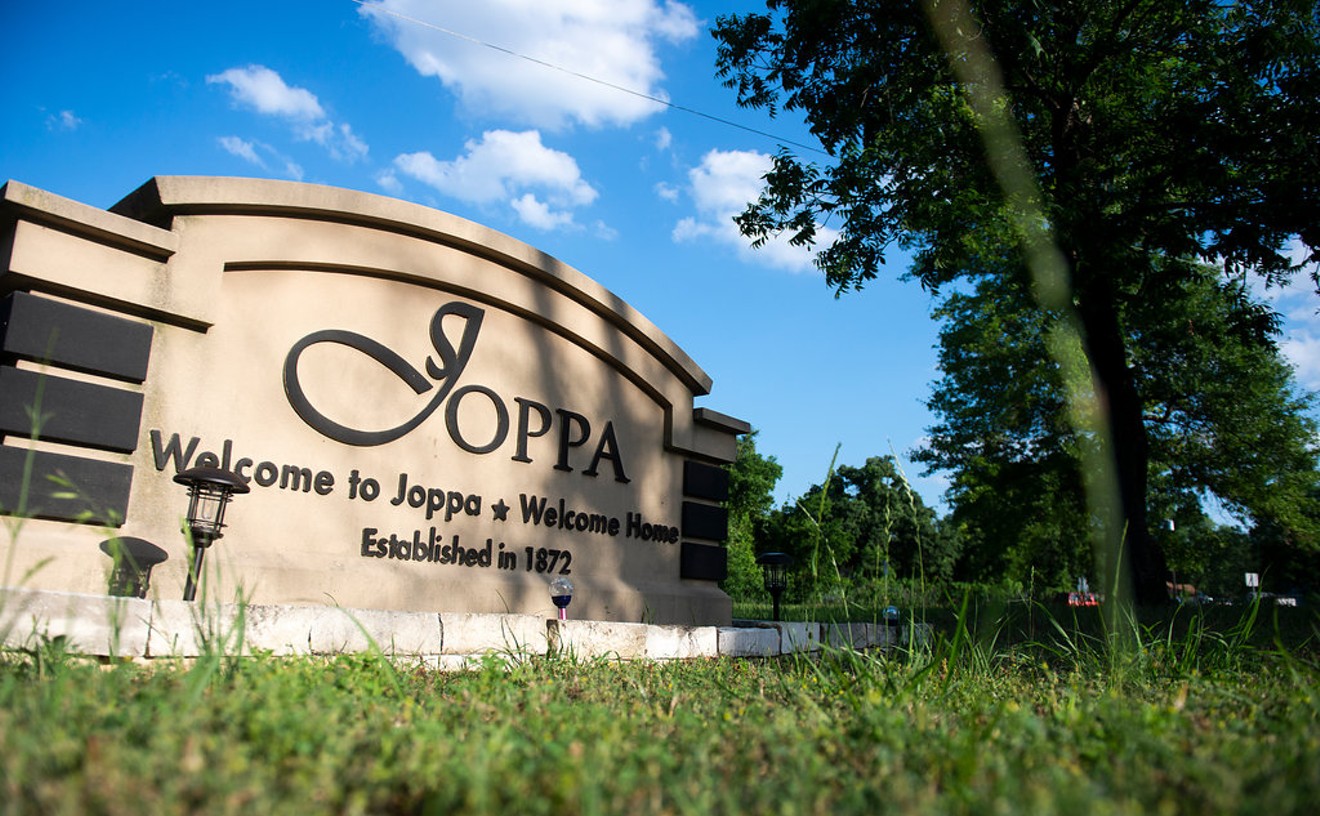Ever since his failed bid to be the Republican Party's nominee for President in 2012, Governor Rick Perry has been busy selling the rest of the country on Texas' economic policies, particularly as they relate to job creation. Perry's message to businesses across the country has been clear: Move your headquarters to Texas and we'll make it worth your while. (The general response from other states: "Fuck Texas.")
"Texas has cultivated a business climate that is second-to-none," his office likes to say, and he credits it to the state's numerous tax incentives, disdain for regulation and other pro-business policies. The state of Texas' economic policies are still being held up as a beacon of economic success across the country, particularly in states that are struggling to recover from the recession. In fact, that notion is more alive than ever, as Washington Monthly editor Philip Longman points out in a lengthy dissection this week:
... [W]ithin the last year or so, the Texas Miracle meme has nonetheless gained more promoters and attention in the wider culture. Time magazine, for example, recently ran the headline "Why Texas Is Our Future," arguing in a cover story "that Americans are seeking a cheaper cost of living and a less regulated climate in which to do business; Texas has those in spades." A new book written by a former correspondent for the Economist and respectfully reviewed by the New York Times is entitled Big, Hot, Cheap, and Right: What America Can Learn from the Strange Genius of Texas. Another new book, Texas Got It Right, contains a foreword by veteran mainstream media executive Walter Isaacson, currently CEO of the Aspen Institute, in which he proclaims that Texas's "can-do spirit and love of independent thinkers, innovators, and entrepreneurs is something that could help kick up our whole economy."
In other words, his pitch is, on the surface anyway, even more true in 2014 than it was in 2011. The economic outlook in Texas is remarkably bright, according to most markers. A study released in January by the Federal Reserve Bank of Dallas found that the state was generating more high-income jobs than the rest of the country, and significantly so. In fact, more than half of the jobs created in Texas were in the middle-to-high earning brackets.
But just like during his presidential bid, when our own Jim Schutze dismantled Perry's "manufactured miracle," journalists like Longman are wading through the smoke and past the mirrors toward a more complicated truth.
According to Longman, Texas can boast plenty of pro-business practices, but these job gains have not been particularly beneficial for actual workers in the state. Even though Texas steeply outpaces the rest of the country in job creation, per-capita income increases and the potential for upward mobility have declined significantly compared to states with similar economic make-ups, like New York and Maryland.
Perry's job creation plans have also done very little to improve the quality of life for Texans. One in four Texans is still uninsured, the highest rate in the country. Perry and his Attorney General Greg Abbott have refused to implement the Affordable Care Act's Medicaid expansion, which could have both provided health insurance to 1 million Texans and saved the state billions of dollars. Instead, Perry's administration has chosen to spend millions suing the Obama administration in thus-far fruitless lawsuits regarding the constitutionality of "Obamacare."
The state also still leads the country in minimum-wage employees. Texas workers are also less likely to have a high school diploma than workers in economically comparable states, along with staggering teen pregnancy and dropout rates. And much of the recent job growth can be traced to the state's oil boom, whose toll on air and water quality is only starting to be felt.
In reality, Perry's "Texas Miracle" is still as much of a "Texas Mixed Bag" as it was in 2011, just in a slightly different way. There are plenty of jobs in Texas, but the not-so-hidden consequences remain.










